BetterYou has welcomed new research highlighting the need for the older generation to supplement the sunshine vitamin. A study published in European Journal of Heart Failure1 reported that the risk of heart failure was more than 12 times higher in elderly vitamin D deficient participants than those with an adequate level.
These results support findings from a previous study published in The American Journal of Clinical Nutrition, which found an association between vitamin D supplementation and reducing the risk of heart failure2.
This research presents more evidence in the importance of having optimal vitamin D levels, with the researchers expressing the need for supplementation. Public Health England advised in an announcement in 2016 that everyone should take a vitamin D supplement in autumn and winter to support healthy bones and muscles3. More specifically, the government suggests that ‘at risk’ groups, which include the elderly, should take a vitamin D supplement all year round. It’s estimated that 10 million people in the UK and one in eight over-50’s in Ireland suffer from low vitamin D levels.
Deficiency can be corrected by using a simple daily vitamin D oral spray that bypasses the digestive system and guarantees absorption. Multiple trials have found that oral vitamin sprays elevate serum vitamin D levels on average 2.5 times more effectively than traditional tablets and capsules4. A pilot study5 by BetterYou and City Assays (part of Sandwell and Birmingham Hospitals NHS Trust) demonstrated how a high dose oral spray of vitamin D can increase vitamin D levels and resolve insufficiency/deficiency (below 50 nmol/L or 20ng/ml) to an optimal level (100-150nmol/L or 40-60ng/ml).
References
- 1. Porto, C. M., Silva, V. D. L., da Luz, J. S. B., Filho, B. M., and da Silveira, V. M. (2017) Association between vitamin D deficiency and heart failure risk in the elderly. ESC Heart Failure, doi: 10.1002/ehf2.12198. http://onlinelibrary.wiley.com/doi/10.1002/ehf2.12198/full
- 2. Cardiovascular disease and vitamin D supplementation: trial analysis, systematic review, and meta-analysis. July 23, 2014, doi: 10.3945/ajcn.113.082602 http://ajcn.nutrition.org/content/early/2014/07/23/ajcn.113.082602.abstract
- 3. SACN vitamin D and health report. https://www.gov.uk/government/publications/sacn-vitamin-d-and-health-report
4. A trial by the Swiss research facility Pharmabase found that, over a twelve-week clinical study, the uptake of vitamin D was 67% faster using an oral spray than using traditional tablets of the same strength. The absorption increased to 127% greater if the individual had insufficient levels to begin with. The National University of Athens looked at a similar comparison over only four weeks and found the oral spray to achieve a 52% greater absorption.
5. Pilot trial – 24 participants, tested (results below 50n/mol) and retested 10 weeks later (using NHS home test kit) throughout 2016.



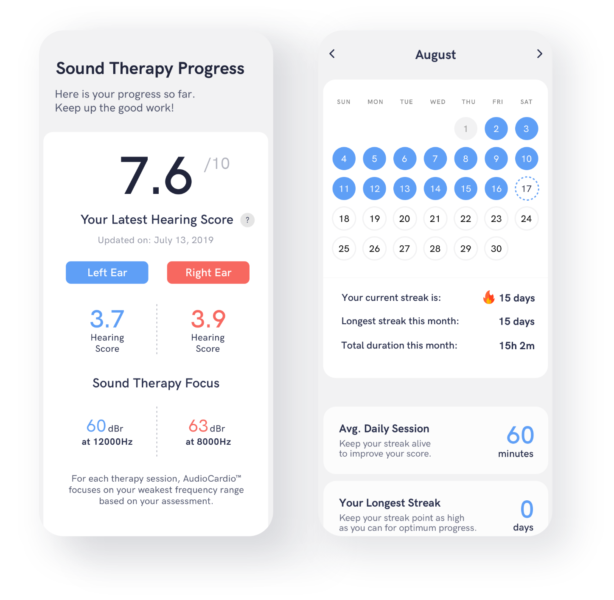
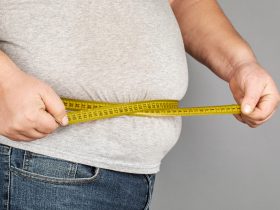

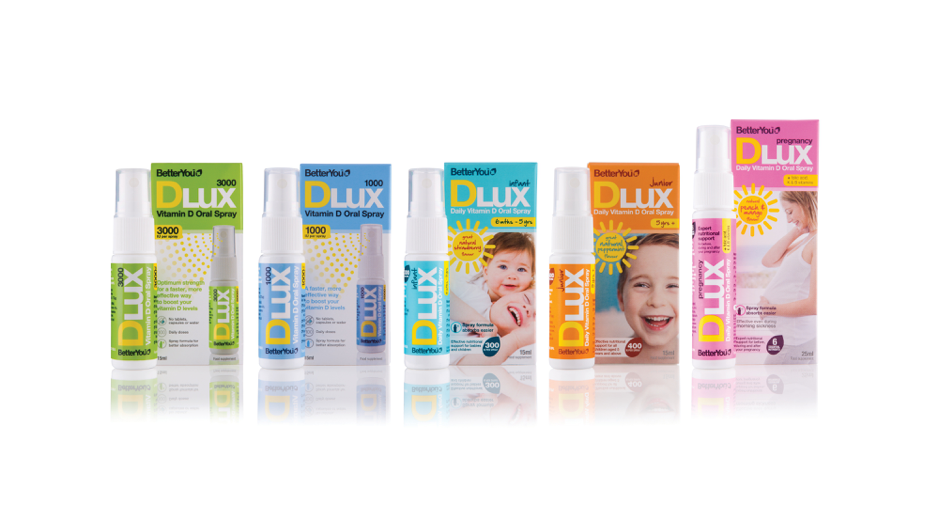

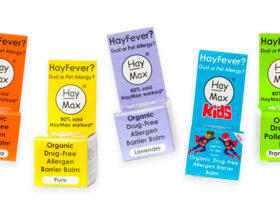

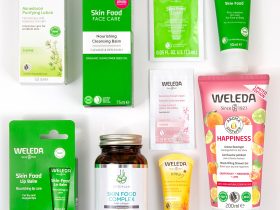

Read our latest issue
Latest News
New certified organic sun lotion from ORGANii
Efamol relaunches popular Efalex Brain Formula Capsules
Weleda launches two new face care ranges
HayMax wins second Global 100 Award
Latest Tweets